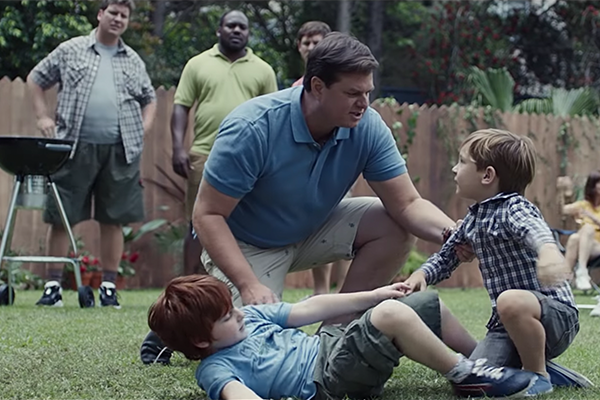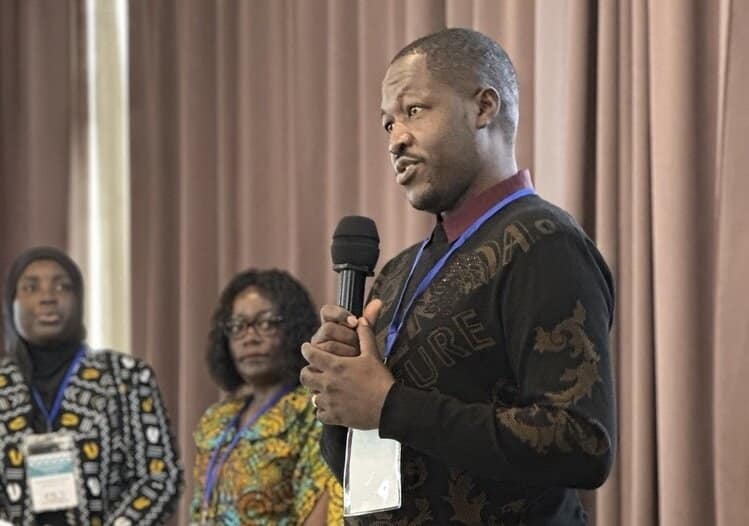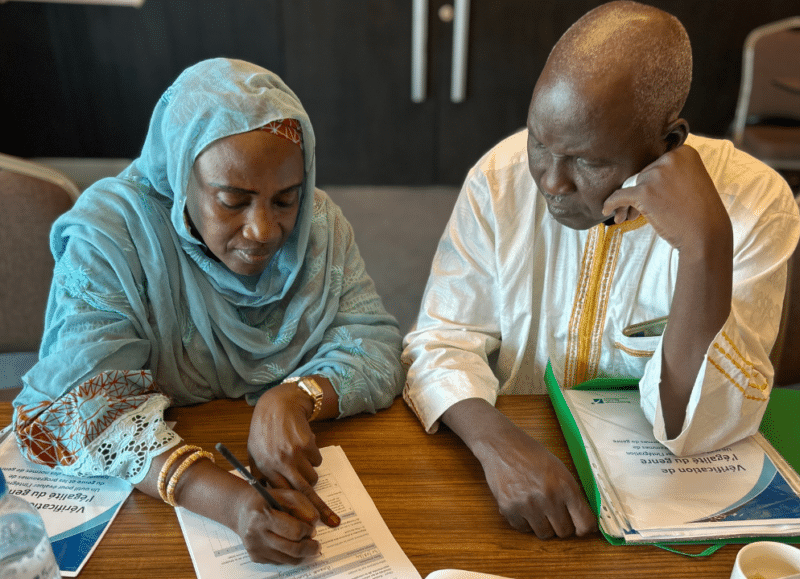We’ve been debating the new Gillette ad around here. You probably have seen it or at least heard about it: The company best known for selling razors under the tagline, “The Best a Man Can Get” is trying to sell an antidote to the #MeToo movement and what is being called “toxic masculinity.” They’re trying to counter this whole idea that “boys will be boys,” that manhood gives the right to bully, to degrade others, to sexually harass, promoting a new tagline, “The Best a Man Can Be.”
The ad shows scenes of bad behavior: a man touching a female colleague in a meeting and explaining what she meant to say, boys calling each other names online like “freak” and “sissy,” aggressive sexual behavior shown as a joke. It also shows good behavior: Compassionate and kind men who intervene to stop friends — and strangers — from catcalling or bullying.
One of my male colleagues praised the modeling of good behaviors: “I think showing and making explicit that small boys learn from men is a powerful message,” he says “It makes people’s actions about more than themselves.”
“We need this public debate about the way men treat women and each other,” said another. “We need to present a few, albeit oversimplified, model behaviors.”
Around here, we work on gender and gender-based violence issues around the world. We’re glad to have the spotlight on them that this ad has attracted. We work in the field of behavior change and know tackling social norms that allow a “boys-will-be-boys” culture to continue to thrive is not an easy task.
Ask Gillette about that: A simple ad telling men they should be their best selves, while garnering more than 20 million views on YouTube, is also gaining a huge backlash on social media, mostly from men who don’t seem to like being told how to behave, who rail against the mere notion that some men exhibit abusive behavior.
“The perceived loss of both political and gender dominance has provoked some men to respond with homophobia and misogyny in a crude attempt to restore male authority,” wrote commentator George Monbiot in The Guardian.
Gillette is getting all of the headlines but modeling positive behaviors is a technique we have used in our messaging around the world, where the patriarchy has long dominated many societies.
While watching the Gillette ad, I was reminded of this powerful spot, which was created in 2010 for a CCP program called Brothers for Life in South Africa. In it, Patrick Shai, a well-known South African actor who may be known to Western audiences from his role in Cry, the Beloved Country, sits in a dark suit in a dark room. He starts by talking about how he was violent to his wife for 20 years until he finally understood how his doing this was wrong.
“I used to beat up my wife,” he says in the TV spot. “I wanted her to love me, but how can you say that someone loves you when they’re afraid of you. That’s when I realized I had to change. Enough was enough. It was not about what anybody else said. It was about me and with me it had to stop.”
In Malawi, we created a campaign around Bambo Wachitsanzo, or Great Guy, highlighting on the radio, billboards, flyers and more the small actions a Great Guy takes at home and in his community. He helps with the children, treats his wife well and commits to being faithful to her to prevent HIV. It shows the kind of positive masculinity and decency we all need to see to create a world of gender equality.
If it takes a company trying to sell razors to have an open dialogue about this, so be it.
“By holding each other accountable, eliminating excuses for bad behavior, and supporting a new generation working toward their personal ‘best,’ we can help create positive change that will matter for years to come,” Gillette’s President Gary Coombe told reporters. “We knew that joining the dialogue on ‘Modern Manhood’ would mean changing how we think about and portray men at every turn.”





